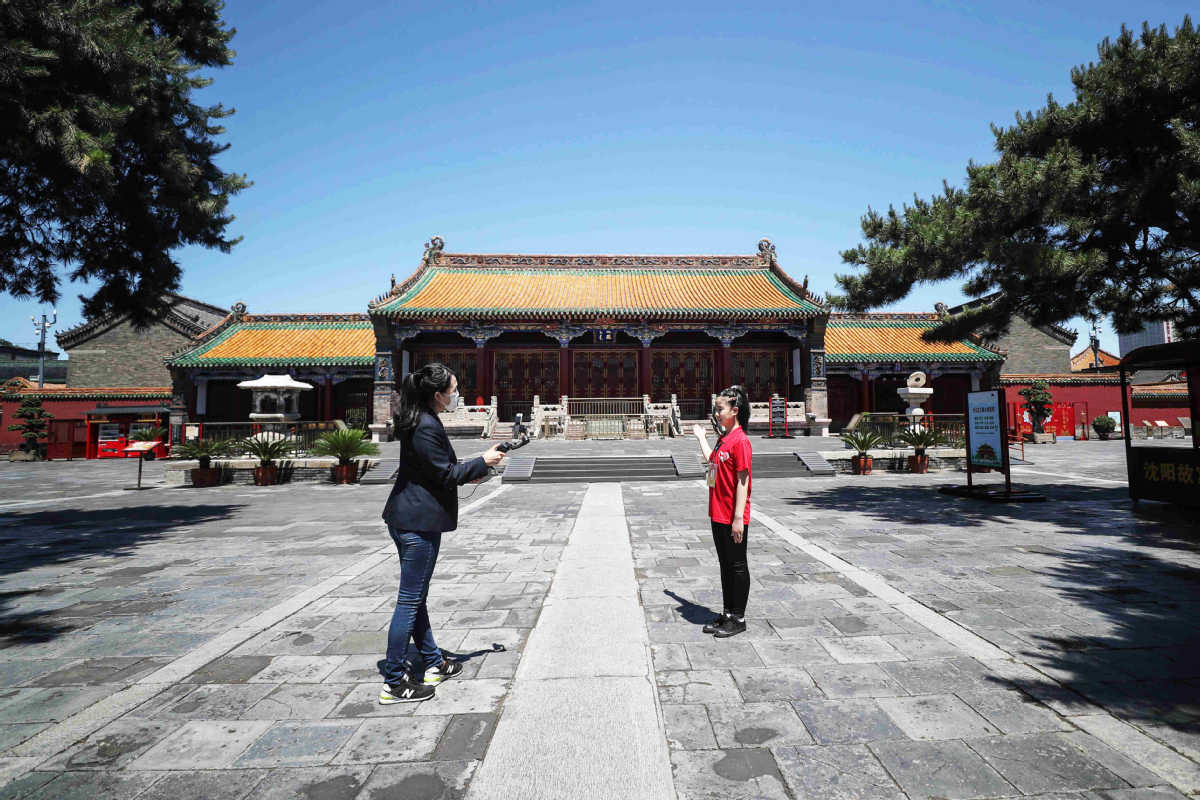Audiences, businesses quick to move online


Movie premieres
With the pandemic forcing movie theaters nationwide to close, on Jan 25, Lost in Russia, directed by and starring Xu Zheng, became the first Chinese film to skip cinema release and premiere online.
It can be watched free on Byte-Dance's streaming platforms such as Toutiao and Douyin, thanks to the company paying 630 million yuan ($96.14 million) for the film.
Other movies intended for releasing theaters followed suit before cinemas across the country started to reopen on July 20.
The pandemic spurred the development of Premium Video on Demand, or PVOD, at home and abroad. People forced to stay home can watch new movies online by making payments ranging from 6 yuan to 24 yuan.
In late August, the 10th Beijing International Film Festival held its first online broadcast, with viewers paying for e-tickets to watch movies online.
Five months earlier, a survey by the China Film Association and ticketing service Maoyan found that 73 percent of 1,530 respondents had paid to watch movies online, with 64 percent saying it was acceptable to do this.
On Sept 4, the long-awaited action film Mulan, which is set in ancient China, premiered on the streaming service Disney+ in the United States and some other countries, with an additional $29.99 charge on top of the monthly subscription fee of $6.99.
Film critic Raymond Zhou said the rise of streaming platforms had impacted cinemas even before COVID-19 emerged.
He said it is not the first time cinemas have been under threat, with the popularity of television, videos and DVDs also hitting them, especially in the US.
"Entertainment forms are changing over time. Just as the emergence of movies affected the popularity of drama theaters, the advent of new technology, such as 4D, will also impact the film industry," he said.
"It's convenient to watch movies online at home, but there is a lack of social contact," Zhou added.
He said Chinese streaming platforms have created popular reality shows and TV series, but no blockbuster movies. Such films help platforms win more hits when broadcast online.
Zhou believes that when the pandemic is brought under control globally, viewers will gradually return to cinemas because of the "irreplaceable personal experience".
He said some films are more suitable to watch at the cinema, for example, the Oscar-winning 1917, which offers an immersive experience in a movie theater.
Judging from the Chinese box office this year, he said viewers prefer to watch blockbusters made by well-known directors and which feature A-list stars, as these films appeal to both young and old audiences.























